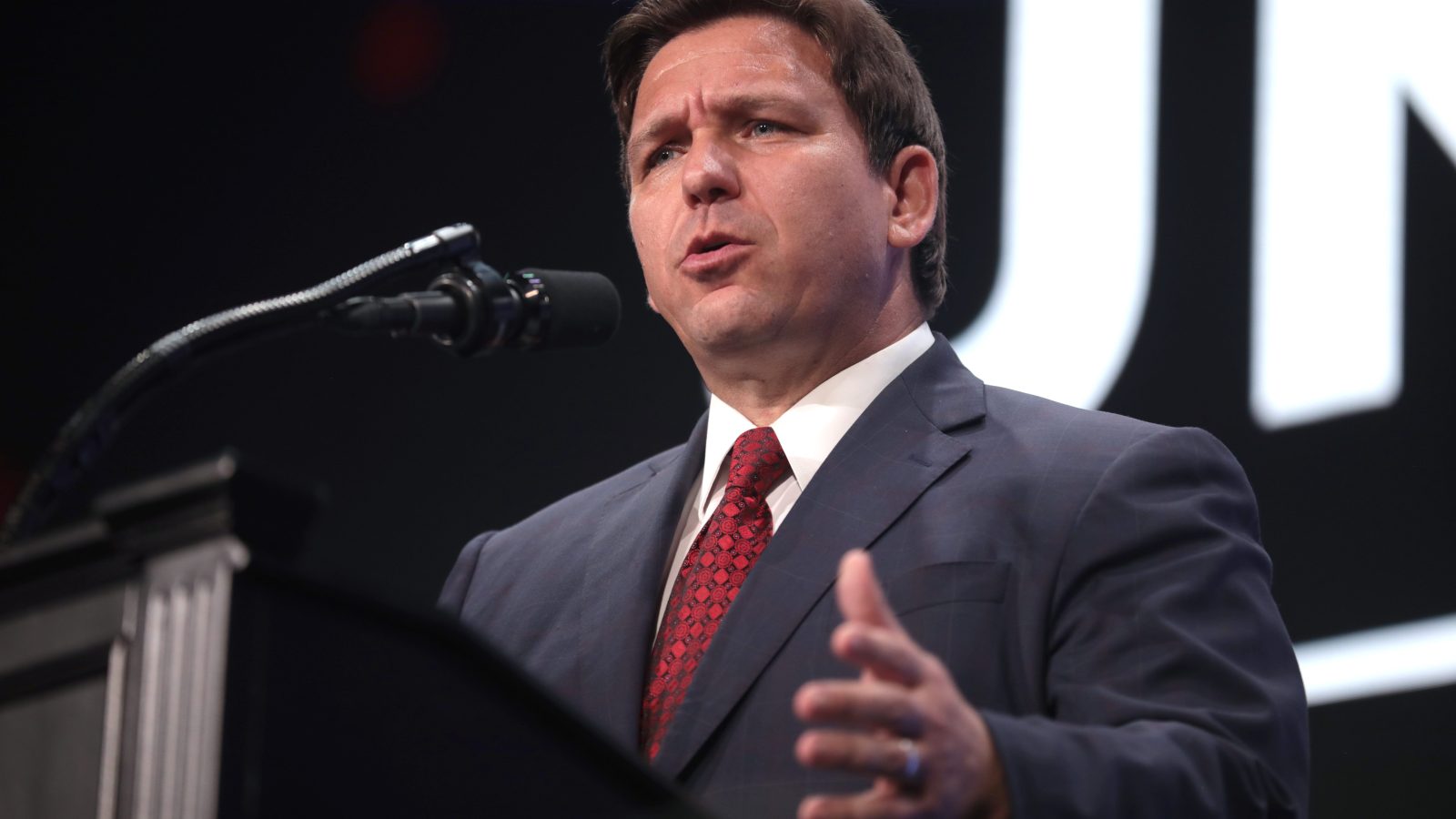Social media is one of the leading causes of bullying, depression, suicide, and much more for children. This has become a hot topic of debate for anyone and everyone in politics.
Florida Governor Ron DeSantis decided to implement a bill which would prohibit children younger than 14 from joining social media within Florida. For children aged 14 or 15, they will require a parent’s consent prior to joining a social media platform.
Florida Gov. Ron DeSantis (R) signed legislation banning children under 14 from signing up for social media accounts while requiring parental permission for 15 and 16 year olds. The law, effective Jan. 1, is expected to be challenged. pic.twitter.com/8clcj3COlB
— 1440 (@Join1440) March 26, 2024
The bill, also known as HB3, requires social media companies to delete existing accounts of those who are under 14 years old. Failure to do so would leave the company viable to a lawsuit on behalf of the child.
The minor could be awarded up to $10,000 in damages. Furthermore, companies in violation of this bill would be liable for up to $50,000 per violation, in addition to attorney’s fees and court costs.
NBC News expands on Desantis’s views on social media:
“Ultimately, [we’re] trying to help parents navigate this very difficult terrain that we have now with raising kids, and so I appreciate the work that’s been put in,” DeSantis said in remarks during the bill-signing ceremony.
DeSantis previously vetoed a more restrictive version of the bill that would have banned social media accounts for kids under 16. That bill also required Florida residents to submit an ID or other identifying materials in order to join social media.
AP News expands on Republican Speak Paul Renner’s comments:
“A child in their brain development doesn’t have the ability to know that they’re being sucked into these addictive technologies and to see the harm and step away from it, and because of that we have to step in for them,” Renner said at the bill-signing ceremony held at a Jacksonville school.
Supporters in Florida hope the bill will withstand legal challenges because it would ban social media formats based on addictive features such as notification alerts and auto-play videos, rather than on their content.
Renner said he expects social media companies to “sue the second after this is signed. But you know what? We’re going to beat them. We’re going to beat them and we’re never, ever going to stop.”
Florida is not the first state to limit social media access to children. Utah recently signed two bills requiring kids under 18 to get parental consent, and would also give parents access to children’s posts and messages.
Arkansas also approved a bill requiring parental consent for minor sin the state when opening a social media account.
While the bill could help improve the issues surrounding social media, there are a few major issues with the bill.
CBS News includes who is opposing the bill and why:
But critics, including tech-industry groups, argue the bill is unconstitutional and point to courts blocking similar legislation in other states.
The industry group NetChoice this month urged DeSantis to veto the measure, arguing it would violate First Amendment rights. Spokeswoman Krista Chavez said in an email Monday that the group does not publicly discuss legal strategy, but it quickly recirculated the veto request and earlier statements about the constitutionality of the bill.
“An unconstitutional law will protect exactly zero Floridians,” Carl Szabo, NetChoice’s vice president and general counsel,” said in a statement. “HB 3 is also bad policy because of the data collection on Floridians by online services it will in effect require. This will put their private data at risk of breach.”
In an effort to avoid constitutional issues, there are a few features of the bill to help push the bill through.
The Verge expands on the tactics to avoid constitutional issues:
Florida House Speaker Paul Renner (R) said at a press conference for the bill signing Monday that they took pains to avoid First Amendment issues with HB 3. “You will not find a line in this bill that addresses good speech or bad speech because that would violate the First Amendment,” Renner said. “We’ve not addressed that at all. What we have addressed is the addictive features that are at the heart of why children stay on these platforms for hours and hours on end.”
Renner compared the addictive features of social media to drinking alcohol, and said kids are not yet equipped to moderate themselves. “Unlike an adult who can make an adult decision say I drank too much last night, I need to drink less or stop drinking altogether, a child in their brain development doesn’t have the ability to know that they’re being sucked in to these addictive technologies, and to see the harm, and step away from it. And because of that, we have to step in for them.”
The bill will take effect on January 1st of 2025.



Join the conversation!
Please share your thoughts about this article below. We value your opinions, and would love to see you add to the discussion!